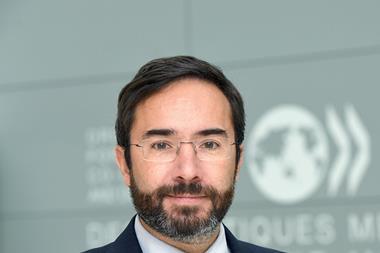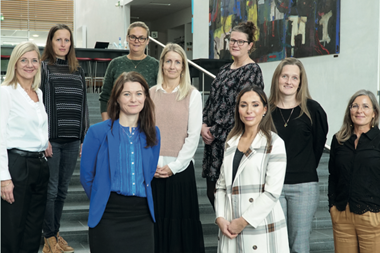Pædagogernes Pension is becoming the cornerstone investor in the new southeast Asia-orientated fund SEAF Women’s Economic Empowerment Fund (SWEEF) investing DKK100m (€13.5m) with the global impact private equity manager.
The DKK79bn (€10.6bn) pension fund for early-childhood teachers said the fund focussed on improving women’s rights and working conditions through investments in Vietnam, the Philippines and Indonesia, in high-growth sectors with a large proportion of female labour.
Sune Schackenfeldt, chief executive officer of PBU, said: “With investments that have a special focus on women’s conditions, we are strengthening their employment, earnings and opportunities for social and economic advancement.”
The Danish pension fund said it was already a significant investor in microfinance and financial inclusion in a European context, where the main target group was also women, and that this latest investment focused on female entrepreneurs and female-led firms.
“Women in developing countries are the foundation of the family,” said Schackenfeldt.
Jennifer Buckley, director of SEAF, said: “This investment is groundbreaking for European investors and demonstrates PBU’s investment commitment to empowering women’s economic opportunities to influence their own lives and futures and to strengthen gender equality.”
PBU said the social focus of the investment in SWEEF was closely linked to the UN’s sustainable development goals, and that it was expected to have a positive effect on the goals of eradicating poverty, gender equality, quality education as well as decent jobs and economic growth.
It added that by strengthening women’s rights, the lives of their children were also improved in terms of nutrition, education and health.
SEAF said it was able to launch the fund with financial support from the United Nations Economic and Social Commission for Asia and the Pacific (ESCAP) and Global Affairs Canada (GAC).
A year ago, PBU announced it was investing DKK330m in a microfinance fund run by Danish manager Maj Invest, which it said helped people – women in particular – who typically had no other options for borrowing money to fight their way out of the worst poverty.
Looking for IPE’s latest magazine? Read the digital edition here.











